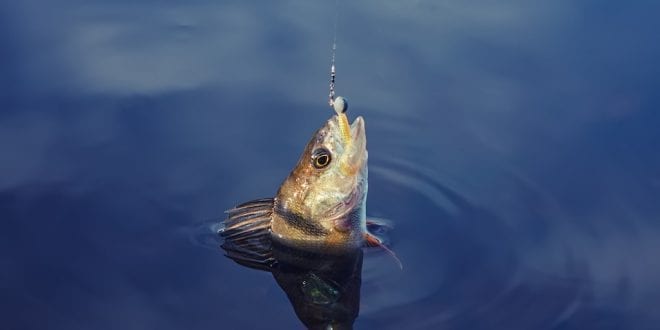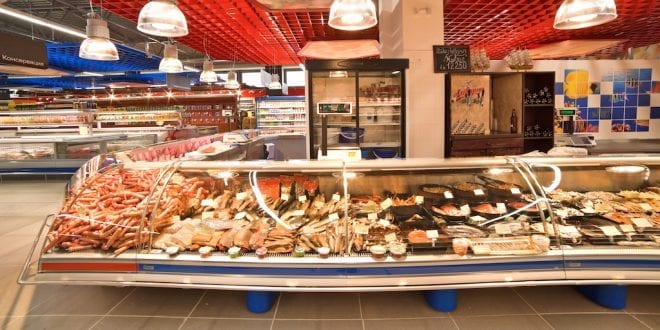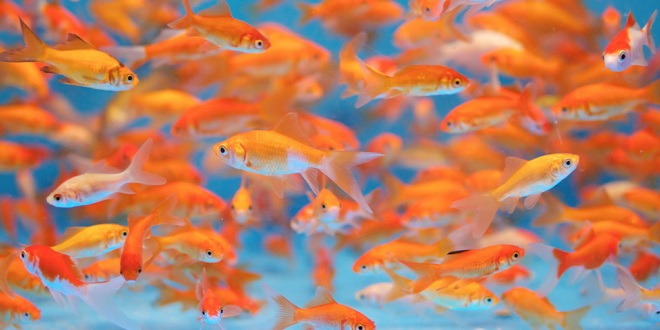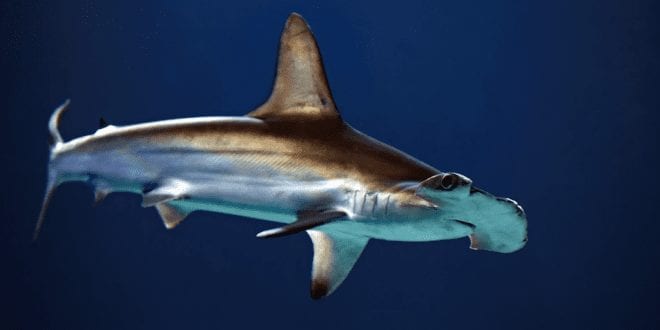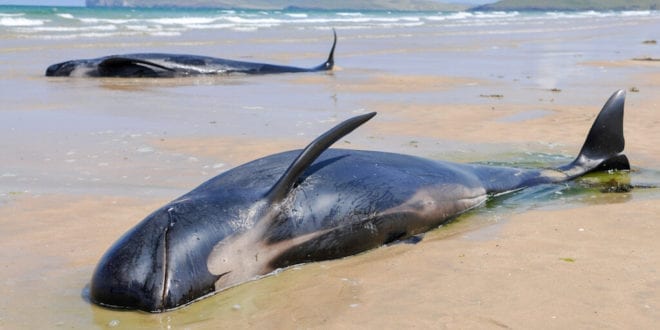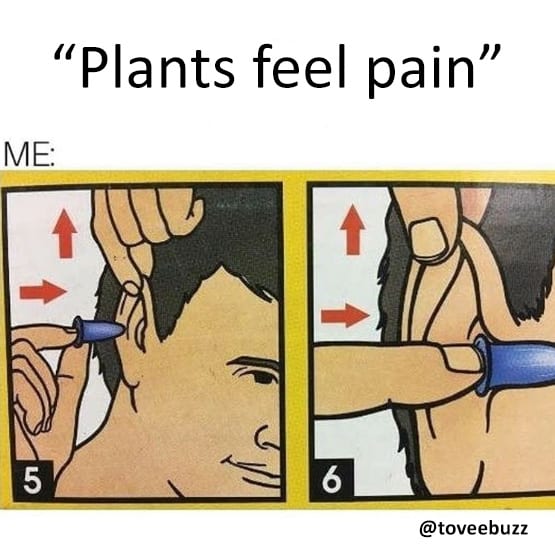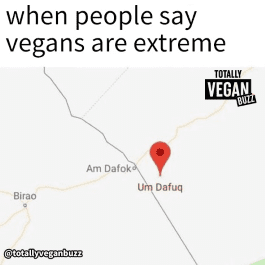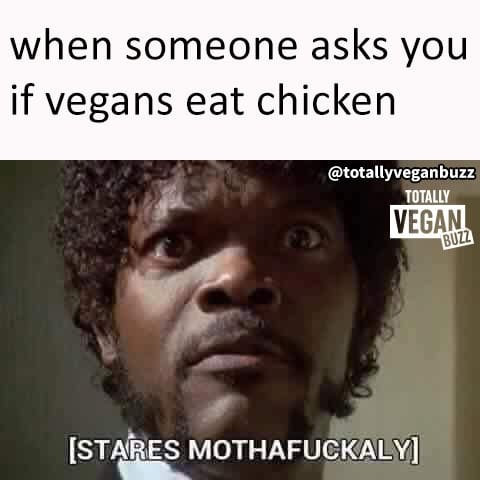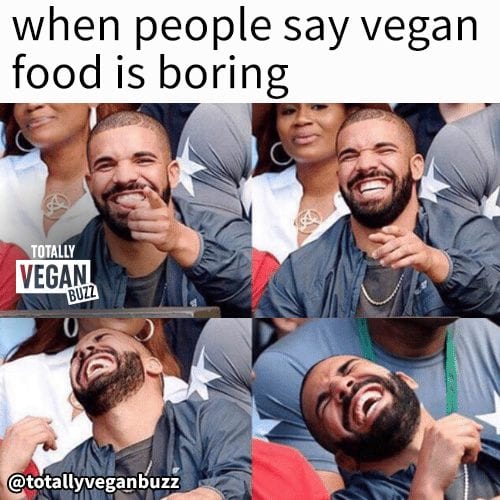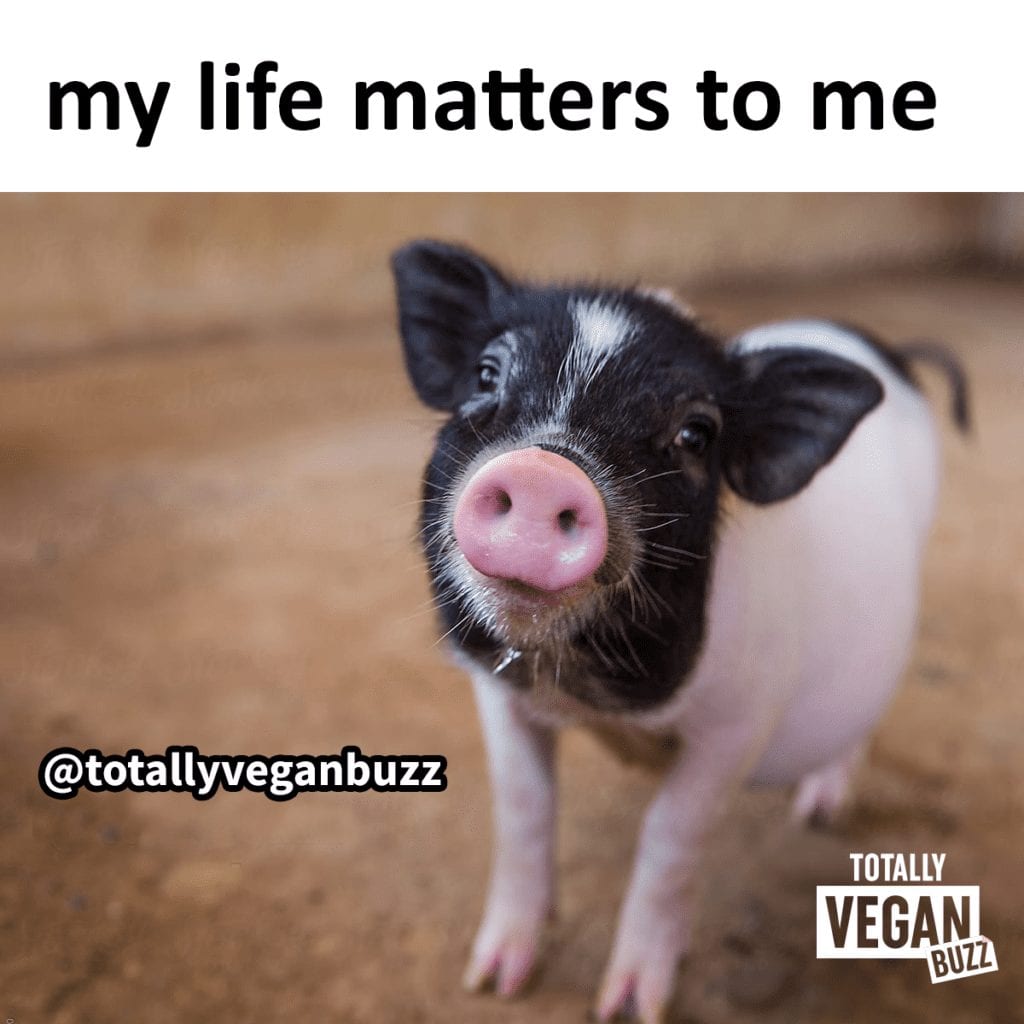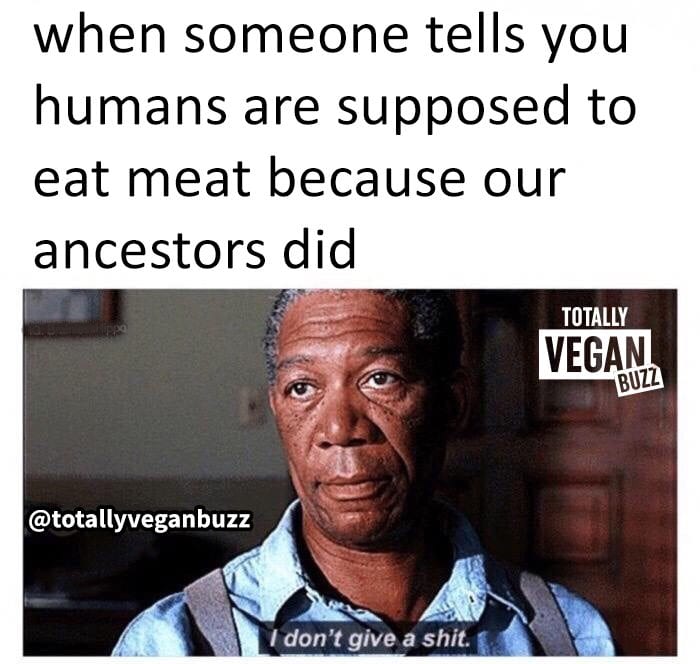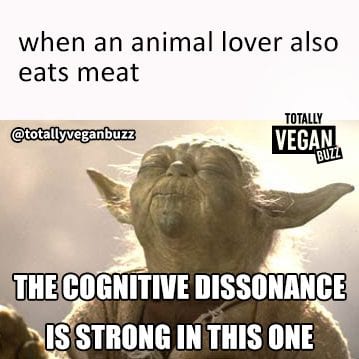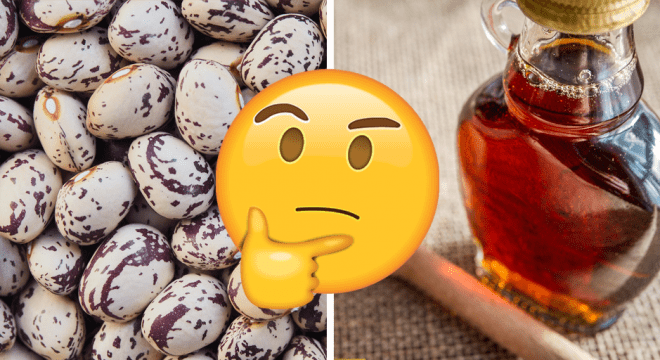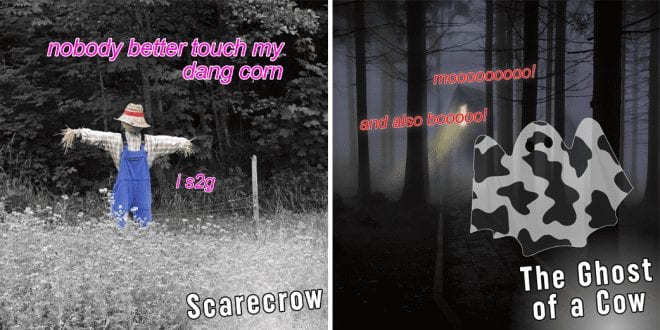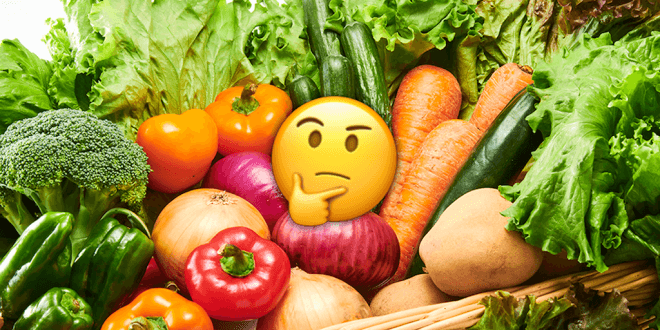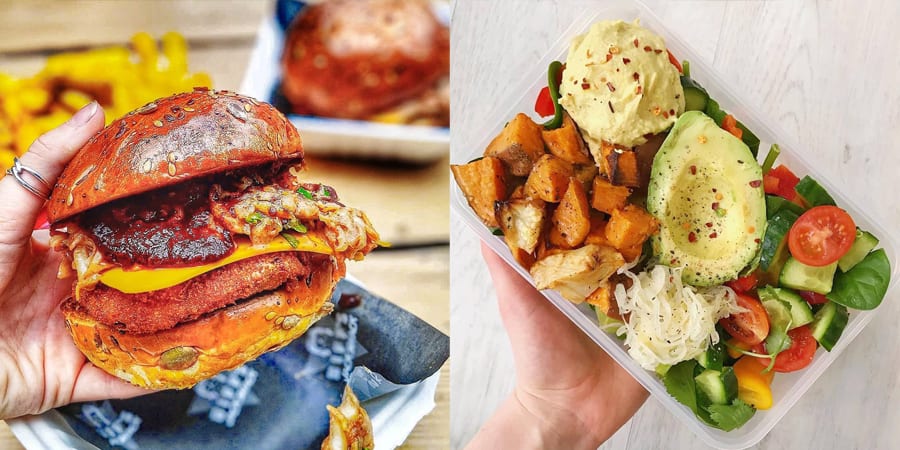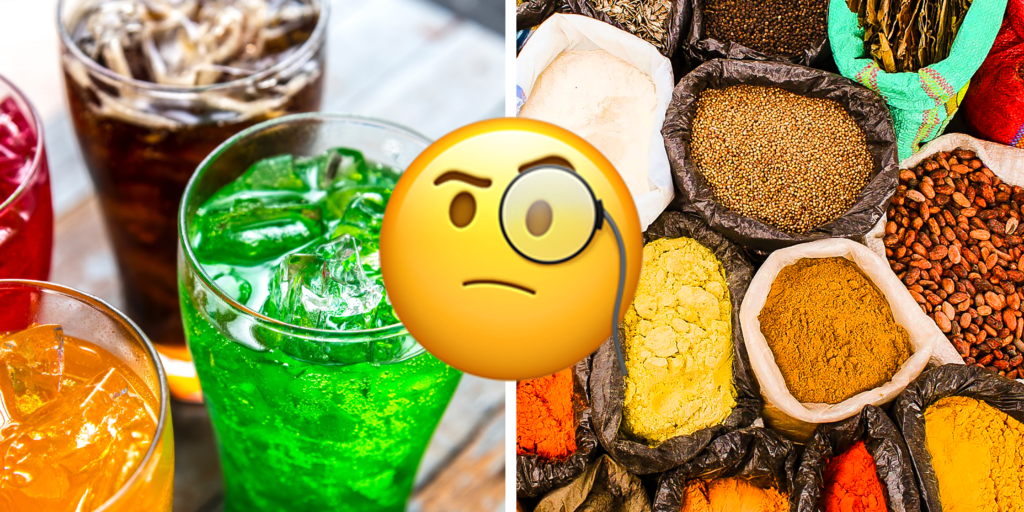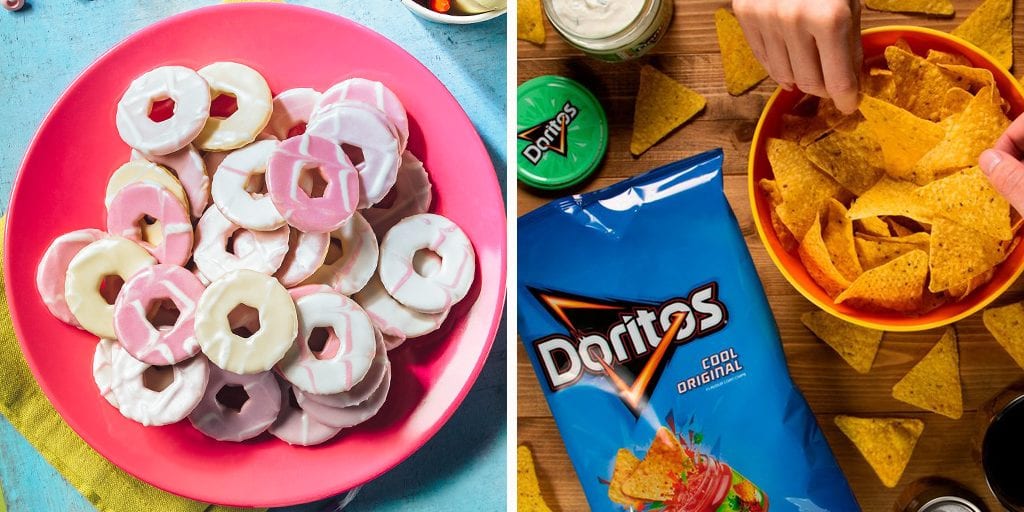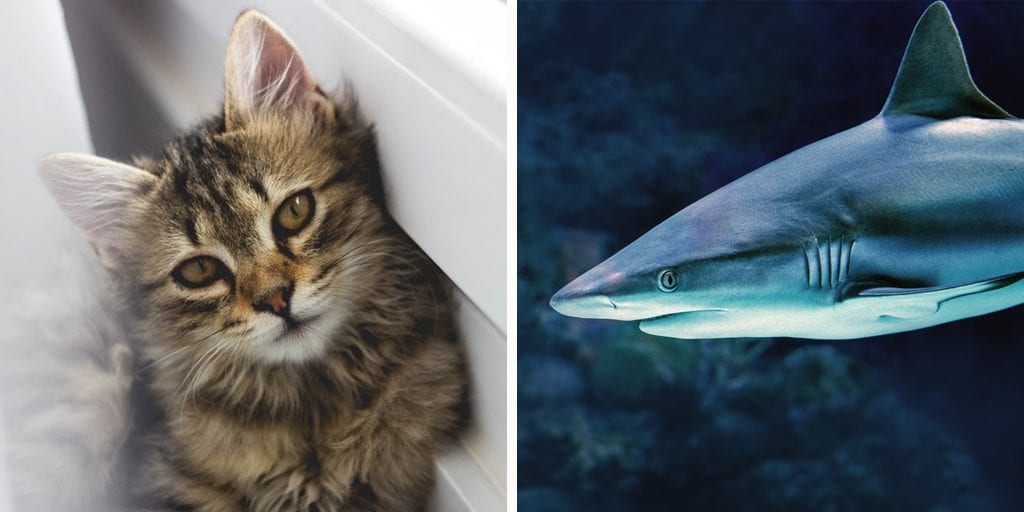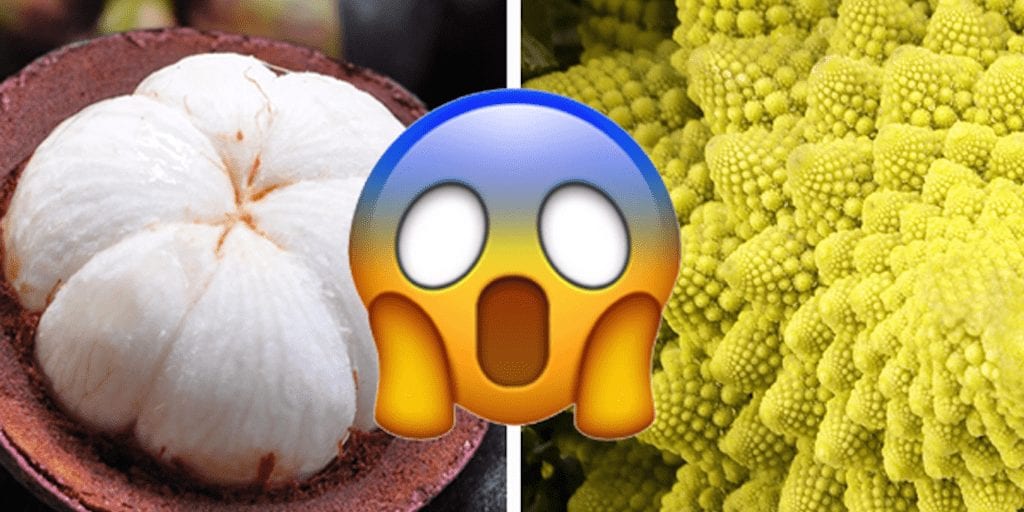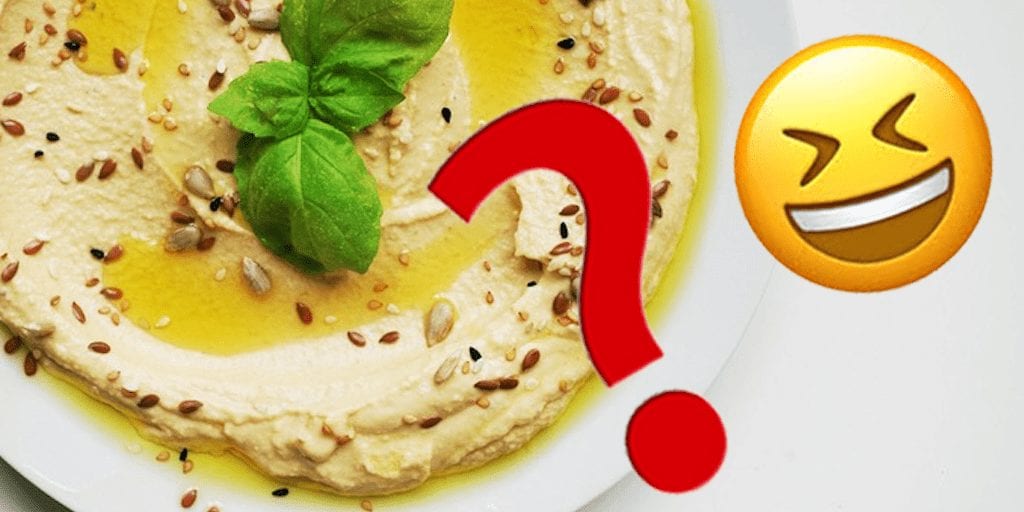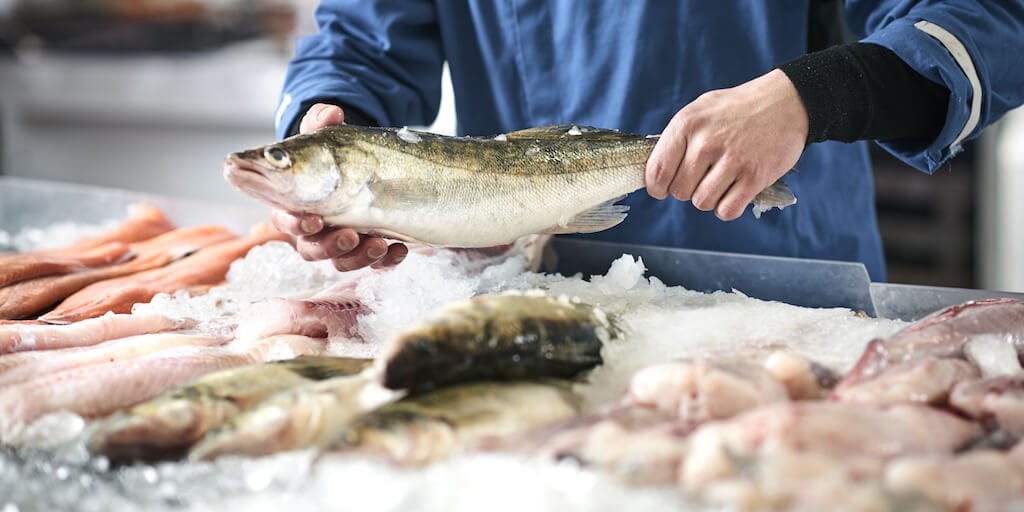
“Large numbers of these lice can be devastating, causing skin lesions, loss of scales, secondary infection and ultimately death.”
An undercover investigation has revealed ‘clear suffering’ at Scottish salmon farms supplying Co-op, Sainsbury’s, Lidl, Aldi, Morrisons, and M&S.
Leading vegan campaigning charity Viva! visited farms in the Highlands to find the fish being kept in ‘putrid’ overcrowded sea pens infested with flesh-eating sea lice.
Scotland is the world’s third-largest producer of farmed salmon, after Norway and Chile. Brits eat around eight million salmon meals a week.
Lice infestation
Viva! revealed that around 70 per cent of Scottish salmon farms are RSPCA Assured, while the remainder conform to other supposedly ‘high welfare’ certification schemes such as Best Aquaculture Practices, Marin Trust, GGN Certified Aquaculture and Global G.A.P.
According to the campaigners, whilst adult wild salmon are well adapted to coping with the odd sea louse – a parasite that naturally occurs in the sea – the intensification of salmon farming has led to fundamental changes in the density and occurrence of lice in coastal waters.
The lice reproduce rampantly, feeding on skin, mucus and blood, which produces white ‘death crowns’ of exposed flesh on the salmon.
“Clearly suffering, the infected fish are regularly seen jumping up to 30 centimetres in the air and skimming along the water surface with their tails in attempts to dislodge the bugs,” the charity team reported.
“Large numbers of these lice can be devastating, causing skin lesions, loss of scales, secondary infection and ultimately death.”
In addition, “huge numbers of juvenile sea lice also escape to the local marine environment, causing significant damage to wild salmon and sea trout smolts, whose fragile skin is not yet adapted to coping with parasites on this level.”
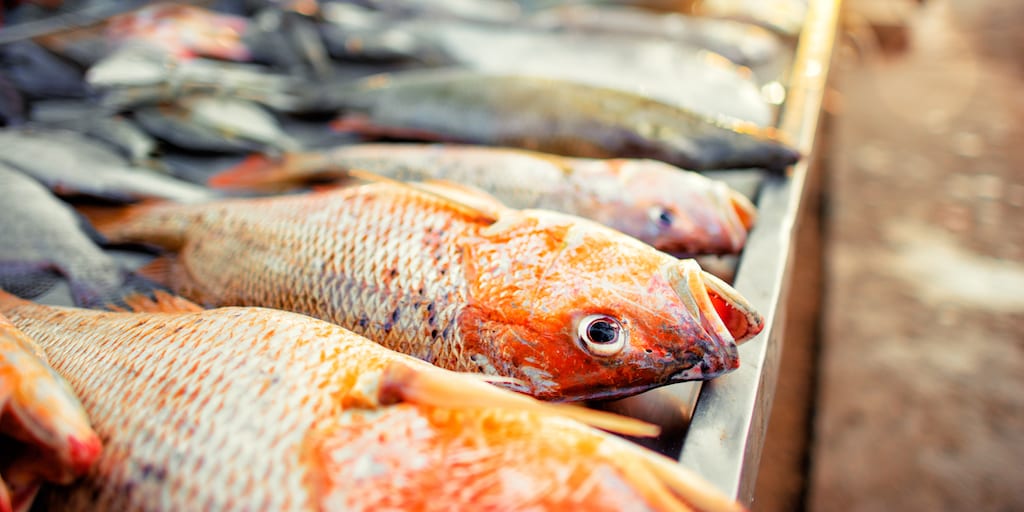
Coping mechanisms
According to Viva!, the aquaculture industry breeds millions of lumpfish ‘cleaners’ to feed on sea lice- a method proven unsuccessful in controlling outbreaks.
Other techniques include chemical washes or mechanical treatments such as hydrolicers and thermolicers, which are likened to a “brutal washing machine”.
Last year, 22 tonnes of formaldehyde was poured into 12 Scottish sea farms in order to kill the lice infestation. This chemical, which has been classified a carcinogen by the government in 2016, is still permitted in the caged salmon industry.
However, the chemical not only causes suffering and stress for the fish, it’s also a major risk to the health of our oceans.
‘Problems similar to factory farms’
Lex Rigby, head of investigations, said: “We’re led to believe that aquaculture is the sustainable solution to overfishing, but its rapid intensification has brought with it the same problems we have with factory farms on land.
“The putrid conditions in which farmed fish are reared create a breeding ground for disease that not only causes serious animal welfare issues but also delivers widespread habitat destruction, water pollution and the development of life-threatening drug-resistant superbugs.”
Share this story to let others know about the dangers of intensive salmon farming.
About The Author
Lifestyle
Vegan culture, food, beauty & more
Is Tobey Maguire vegan? Here’s what we know
- Mohsina Dodhiya
- 17th August 2023
Tobey Maguire often speaks about veganism and animal issues. Tobey Maguire, the actor best known for playing Spider-Man in the Sam Raimi trilogy, is a vegan. He has been a vegetarian since 1992 and became a vegan in 2009. A lifelong commitment to animal rights Maguire’s decision to go vegan was motivated by his love …
Continue reading “Is Tobey Maguire vegan? Here’s what we know”
Plant-based food jobs surge with 32% growth in just 3 months
- Mohsina Dodhiya
- 17th August 2023
The number of open jobs advertised in the plant-based industry increased by almost a third from April to July 2023, GlobalData reported. The plant-based food industry is booming, and this is reflected in the number of job openings in the sector. According to data from GlobalData, the number of open jobs advertised in the plant-based …
Continue reading “Plant-based food jobs surge with 32% growth in just 3 months”
VEGAN MEMES
NEED A LAUGH?
QUIZZES
All the quizzes you love to binge!
QUIZ: If you score 11/12 on this quiz, you’re a verified vegan food expert
- Marlon Farrugia
- 10th January 2020
How much vegan knowledge do you have stored away? Do you have to Google your way through a shopping trip, or do you have all the bad E-numbers memorised? Find out now with this quiz.
QUIZ: What is your perfect Vegan Halloween Costume?
- Marlon Farrugia
- 13th October 2019
Spook Season approaches. There will be ghosts, goblins, ghouls, and glucose. You need a costume, and you want to it to show off your personality, which means VEGAN. But what to choose? Take our quiz to find out your perfect outfit.
QUIZ: What kind of vegetable are you?
- Marlon Farrugia
- 26th September 2019
“If you were a vegetable, what kind would you be?” A question that has tormented humanity throughout the ages – until now. Read: QUIZ: If you score 19/20 on THIS quiz, you’re a Vegan God

